Weaker tax receipts and increased government borrowing mean the public finances are perilous. You can either cut your way out or grow your way out. Labour is promising to choose the latter.
Labour Wants to Increase Public Spending
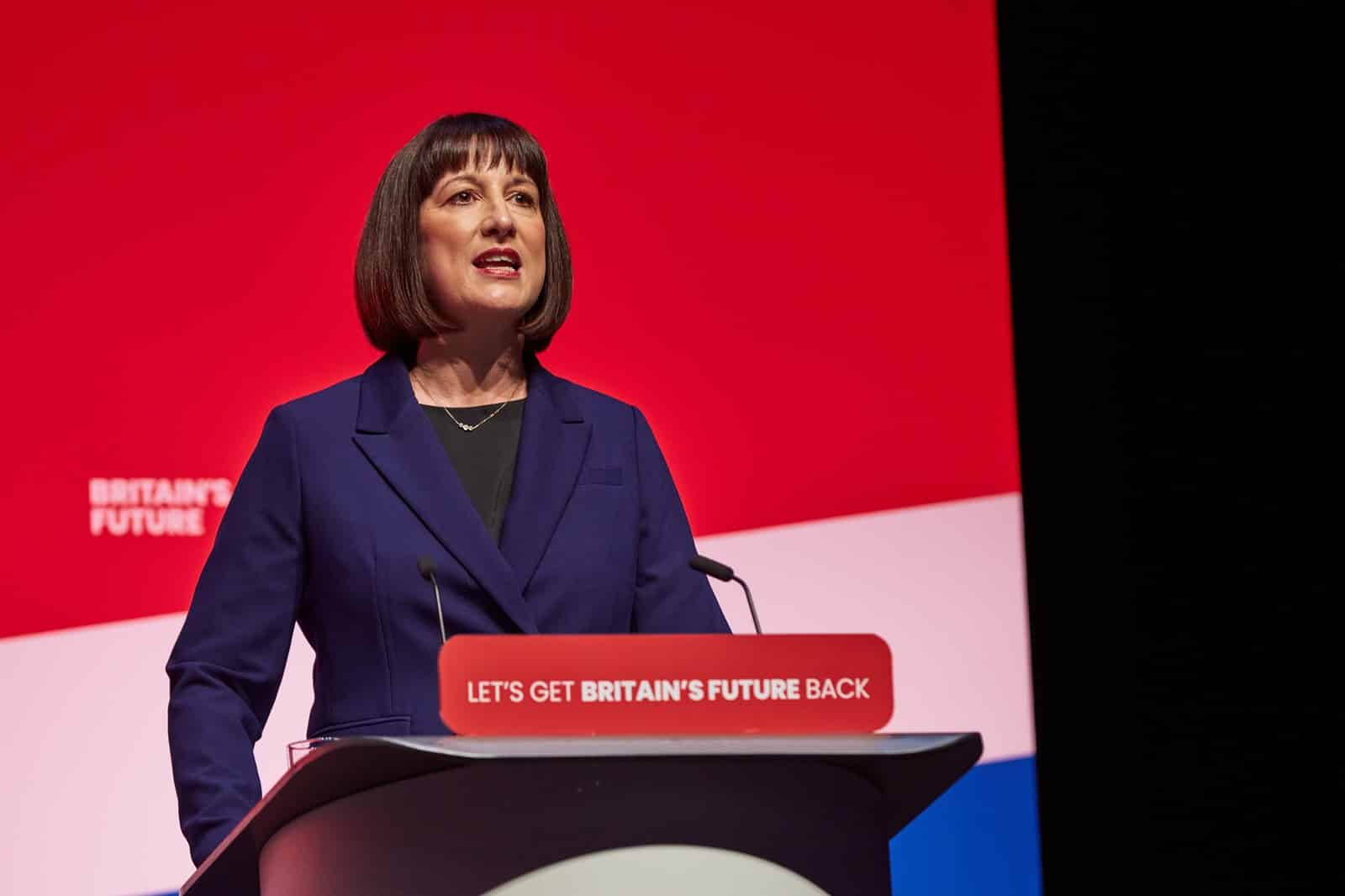
Rachel Reeves: “I don’t want to make any cuts to public spending, which is why we’ve announced the immediate injection of cash into public services.”
All Plans Fully Costed

Reeves has promised that all proposed public spending will be fully costed to prevent critics from mentioning a ‘magic money tree’.
Shadow Chancellor Promising No Income Tax or NI Increases
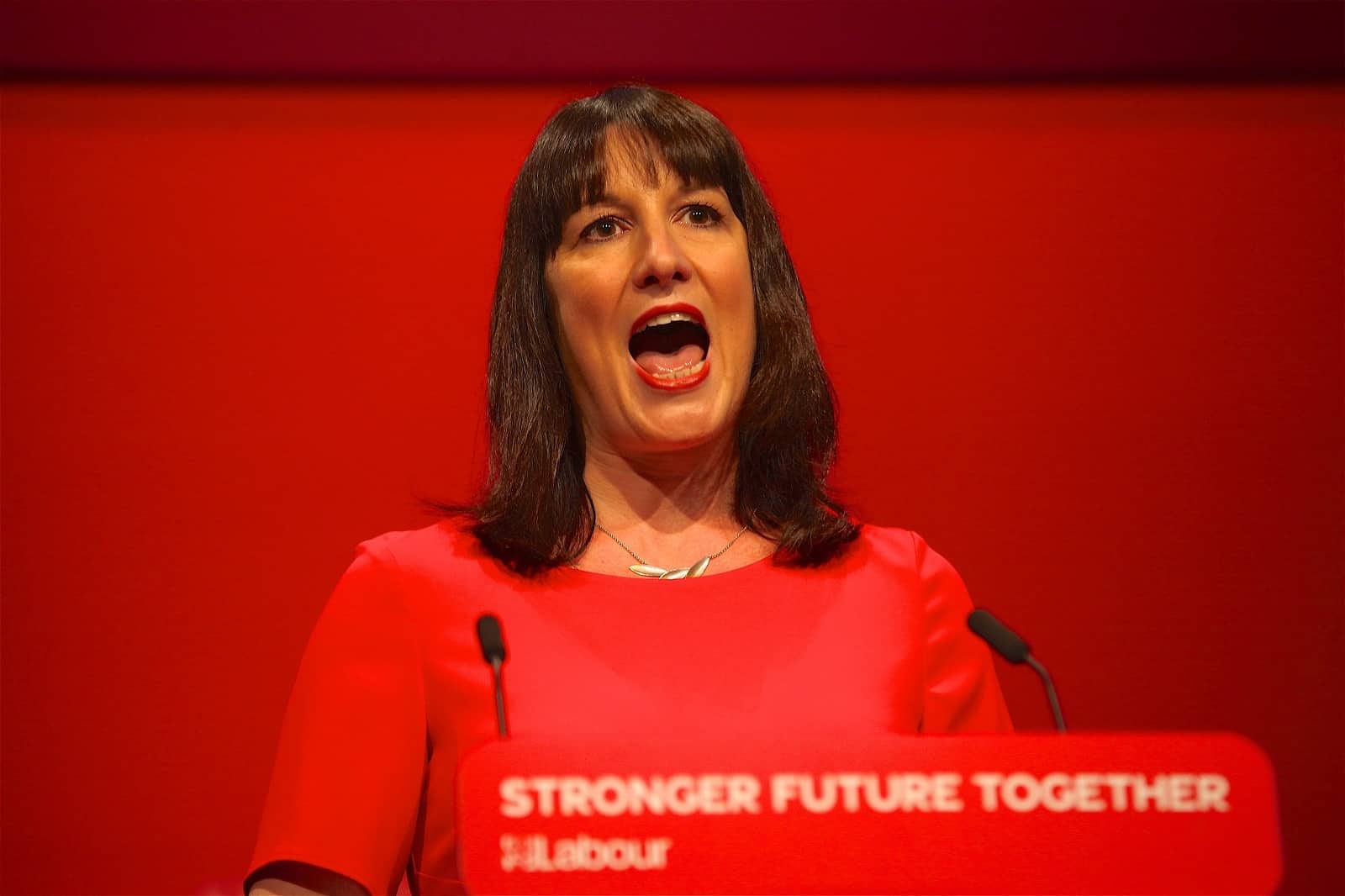
Rachel Reeves said: “What I want and Keir wants is taxes on working people to be lower, and we certainly won’t be increasing income tax or national insurance if we win at the election.”
Public Spending Plans in More Detail
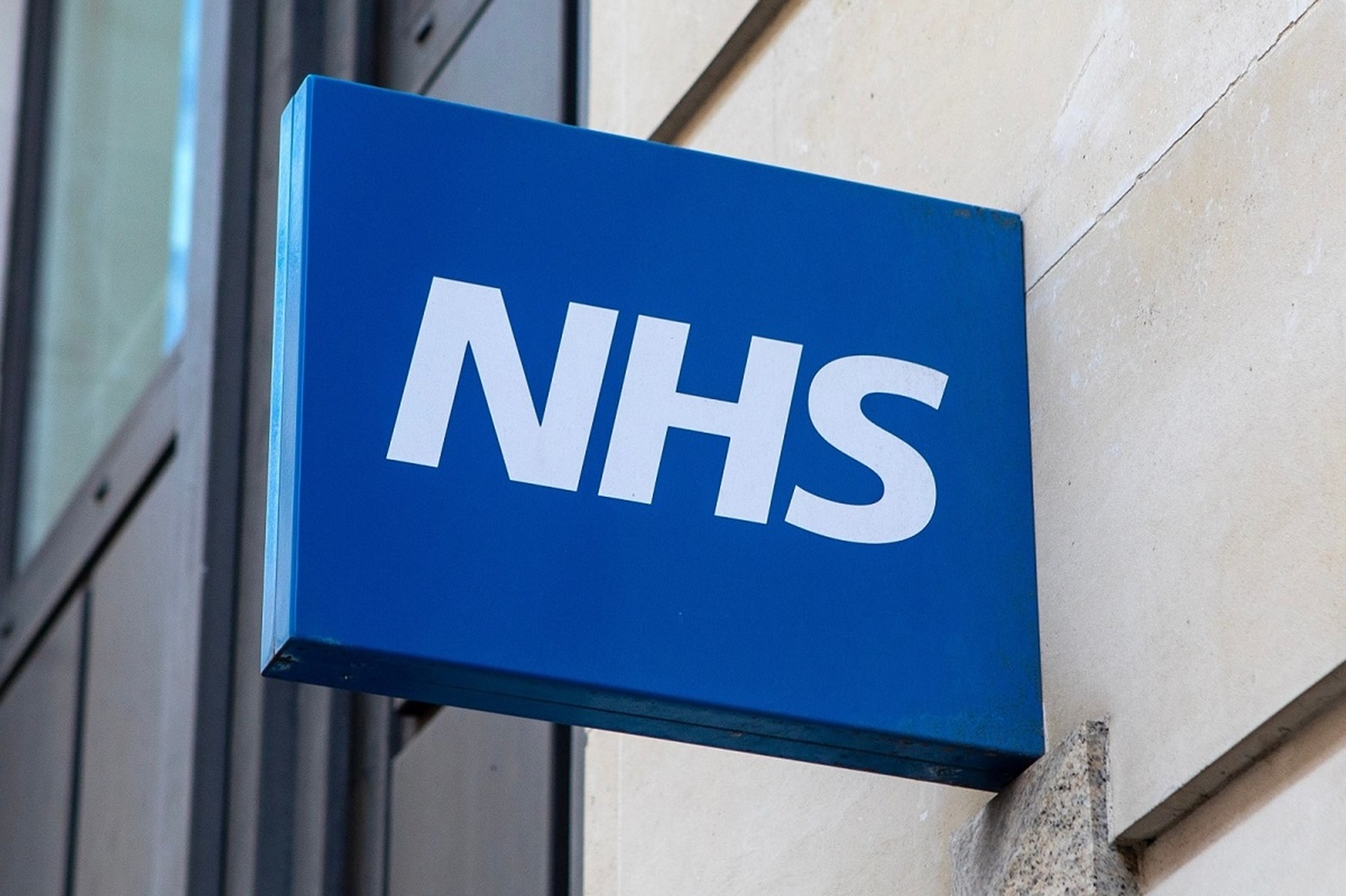
A bullish Reeves continued: “So that money for our NHS, the additional police – 13,000 additional police and community officers – and the 6,500 additional teachers in our schools, they are all fully costed and fully funded promises, because unless things are fully costed and fully funded, frankly, you can’t believe they’re going to happen.”
Austerity Proved Unpopular
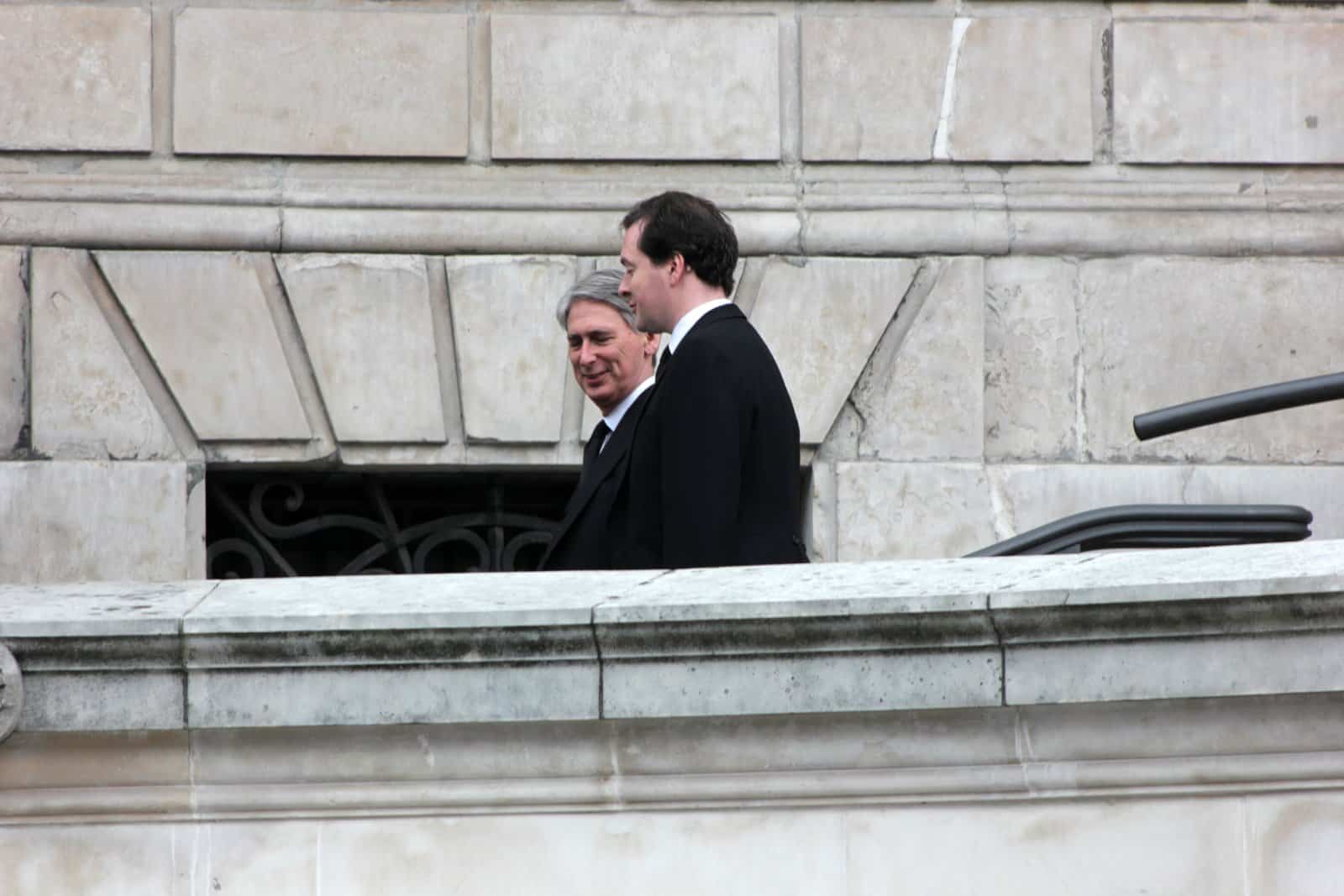
George Osborne led the charge on austerity, which saw government spending slashed across almost all departments. The aim was to reduce the budget deficit and eventually see the country running a budget surplus.
It Never Achieved Success

The aim was to achieve a surplus in the budget, but it was never achieved. Thousands of jobs were cut across the economy, the state was made smaller, and public investment was reduced.
UK Economy Still Paying the Price
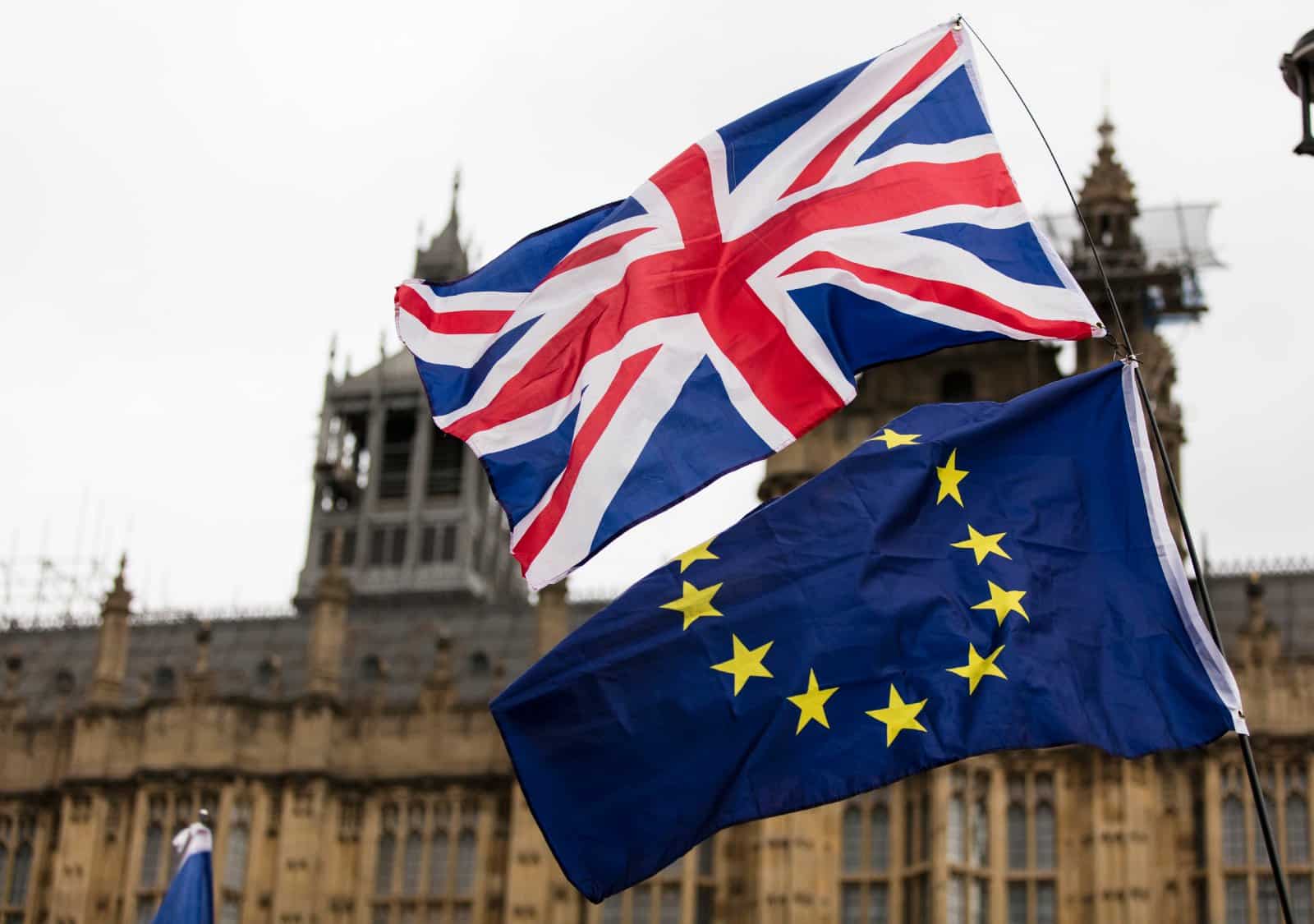
The Progressive Economy Forum used official data from the Office for Budget Responsibility to calculate the impact austerity had (and still has) on the UK economy. It doesn’t make for good reading.
Half a Trillion in Lost Spending

The report’s authors say: “The total economic damage inflicted by austerity is significantly higher than previously thought, needlessly cutting more than half a trillion pounds from public expenditure.”
Figures in More Detail

They continued: “The cost of failing to maintain the rate of public spending growth, and instead imposing spending cuts, came to £91bn of lost public expenditure in the final year of the austerity programme, or £540bn over 2010-19.”
Labour Doesn’t Want to Repeat the Mistake
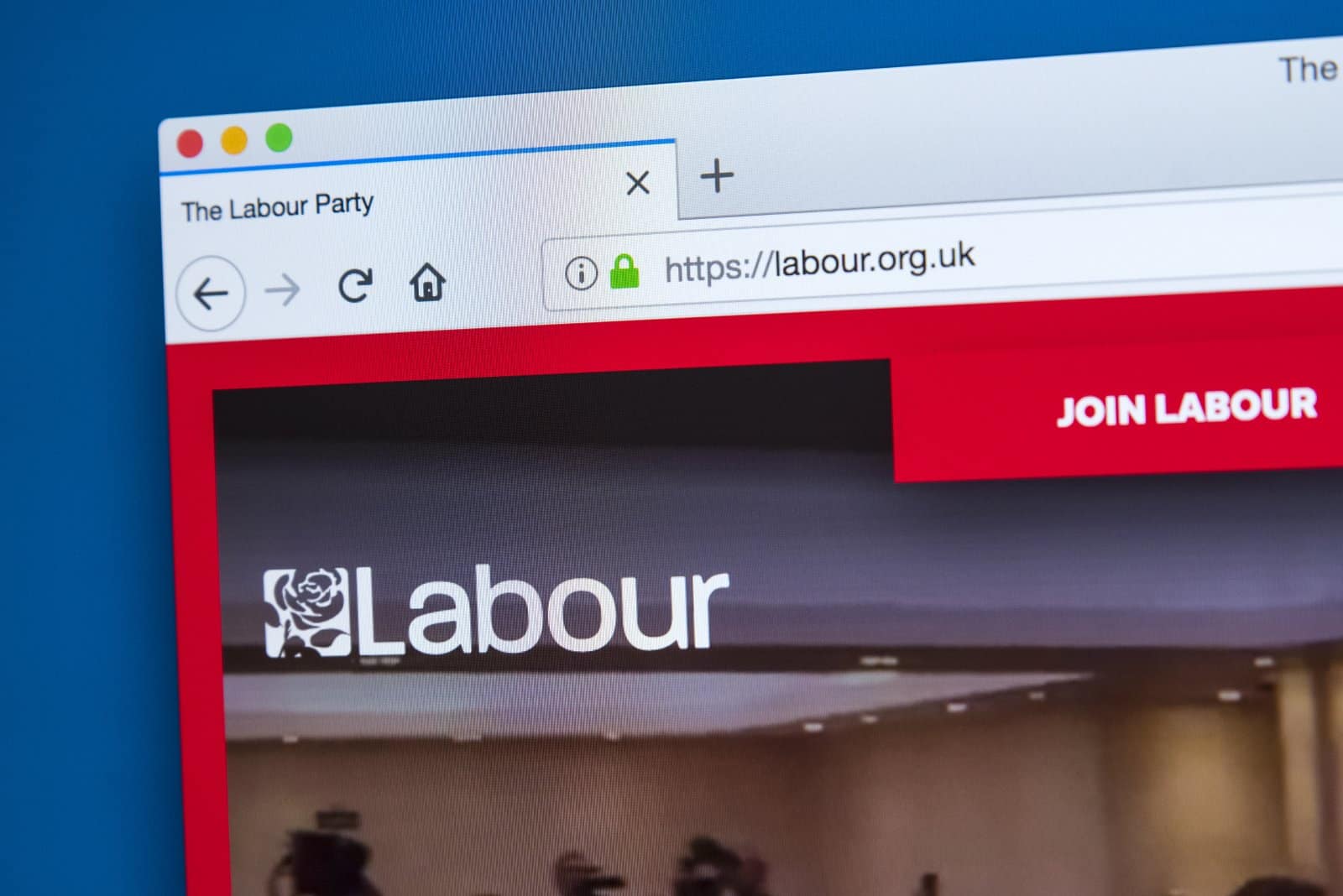
Reeves said: “There’s not going to be a return to austerity under a Labour government. We had austerity for five years and that is part of the reason why our economy and our public services are in a mess today.”
Economic Growth, Not Cutting

Research shows that austerity is unnecessary, and growth is a better strategy. Reflecting on this, Reeves said: “In tmust we have to grow the economy. We have to turn around this dire economic performance.”
Targeted Tax Rises to Raise Money

The introduction of taxes on the super-wealthy would fund much of the increase in public spending.
Proposed New Taxes
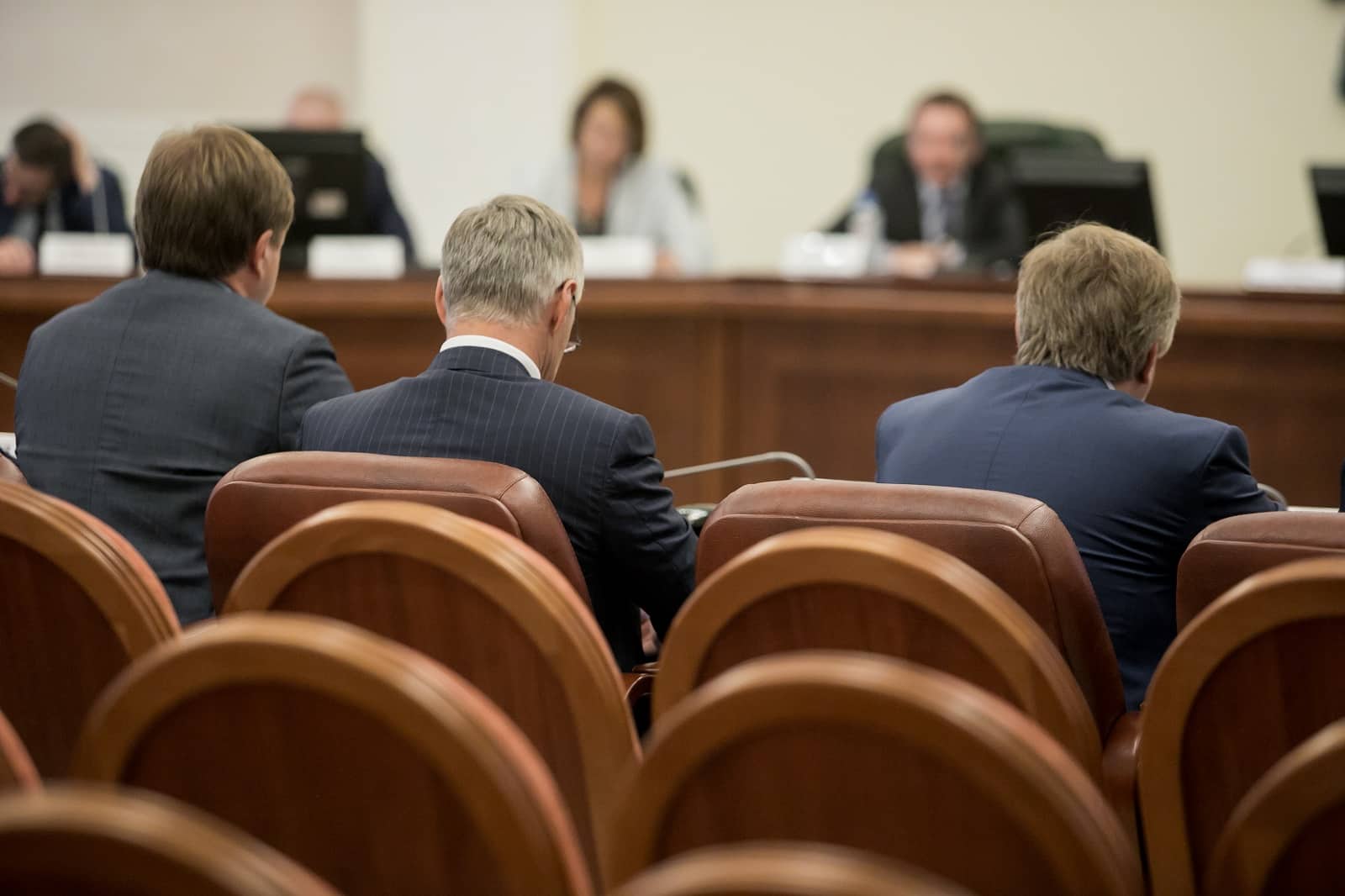
Labour will introduce VAT on private school fees, which is currently avoided because they’re VAT-exempt. Some even have charitable status, which allows them to claim “gift aid” tax breaks on donations and business rates.
Bonus Payments Targeted

Labour will increase the tax payable on private equity bonuses and seek to extend the windfall tax on energy companies’ record profits, while our bills rise to record levels.
Loopholes to Be Closed
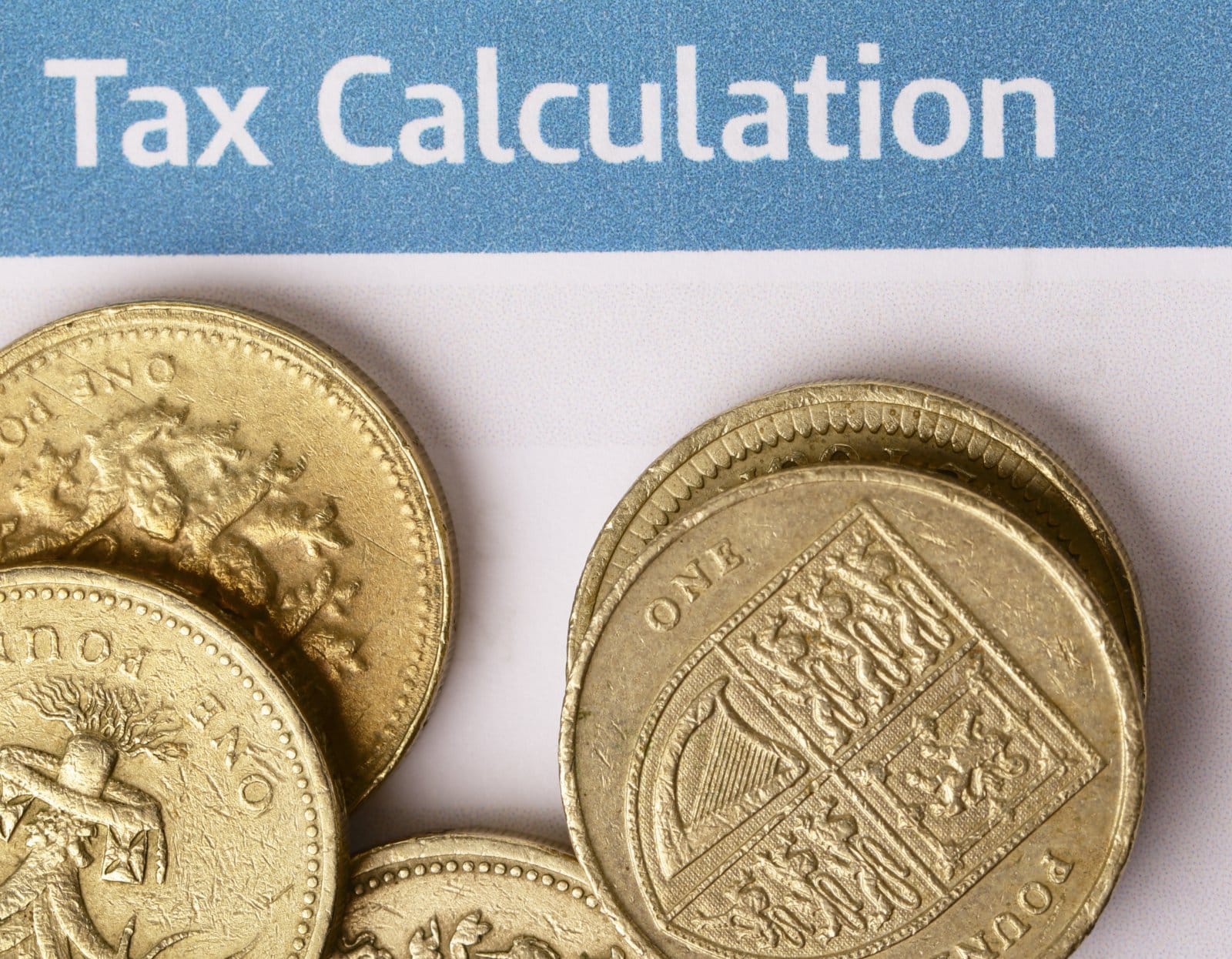
Another tactic is to crack down on non-doms status and many of the (legal but immoral) tax avoidance schemes employed by the super-rich. These loopholes have been exploited for years, resulting in billions of pounds of lost revenue for the exchequer.
Tax Proposals Aimed Squarely at One End of Society
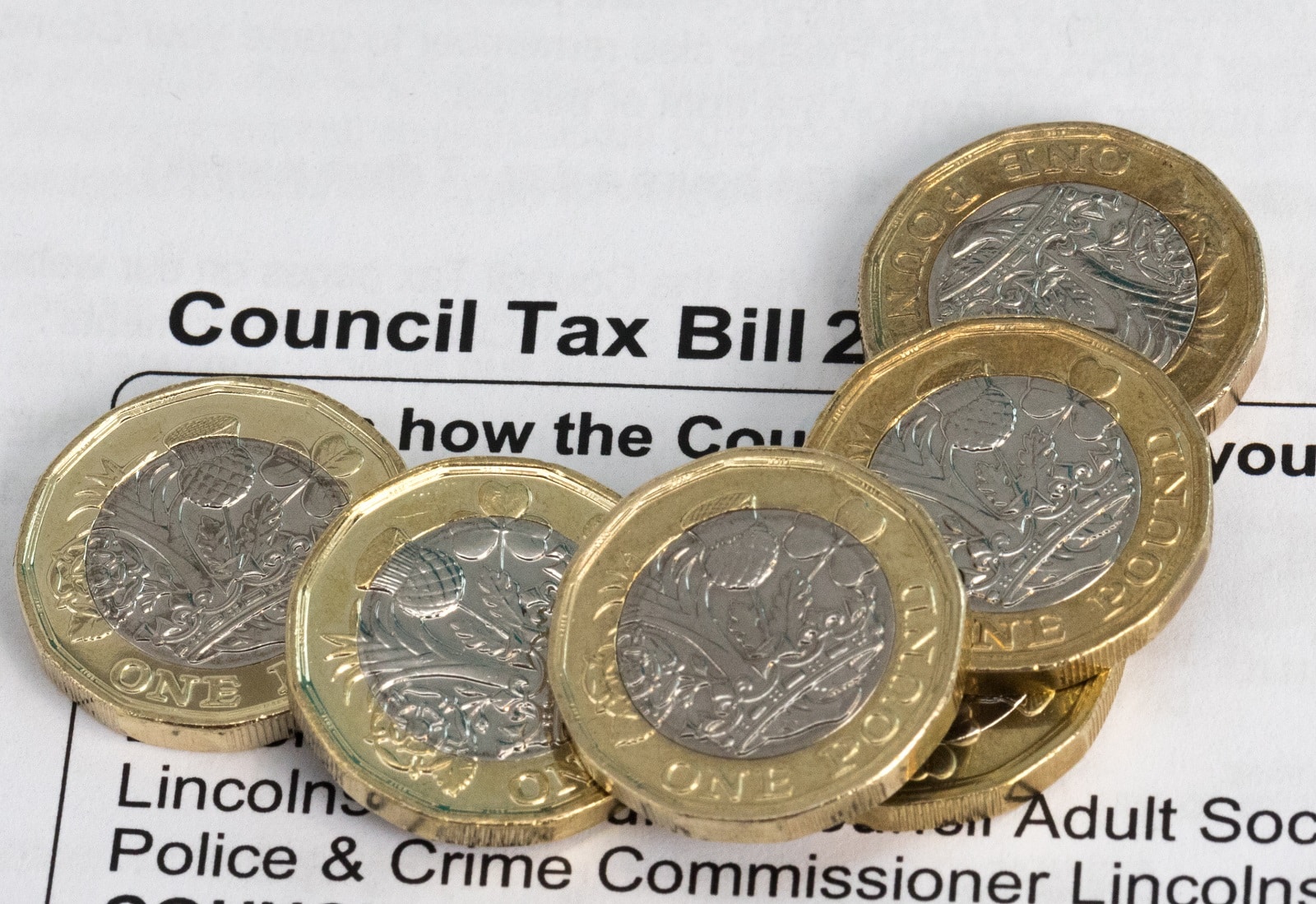
Labour’s tax proposals will likely win a lot of popular support amongst voters because they’re aimed at a section of society that has benefited most over the years. They’ll raise a significant amount of money.
Cost of Living Turning into a Vote Winner

The energy companies have played a terrible PR game. As energy prices increased, they sought to protect their margins at all costs. They might have won some support if they were willing to sacrifice some margin and keep the bills at a slightly cheaper level.
Energy Company Taxes Will Be Popular

Instead, they increased bills dramatically, forcing many into energy poverty. They then reported record profits, so they can’t be surprised when the public will support the notion of a windfall tax on their record profits.
Austerity Didn’t Work – Growth Should
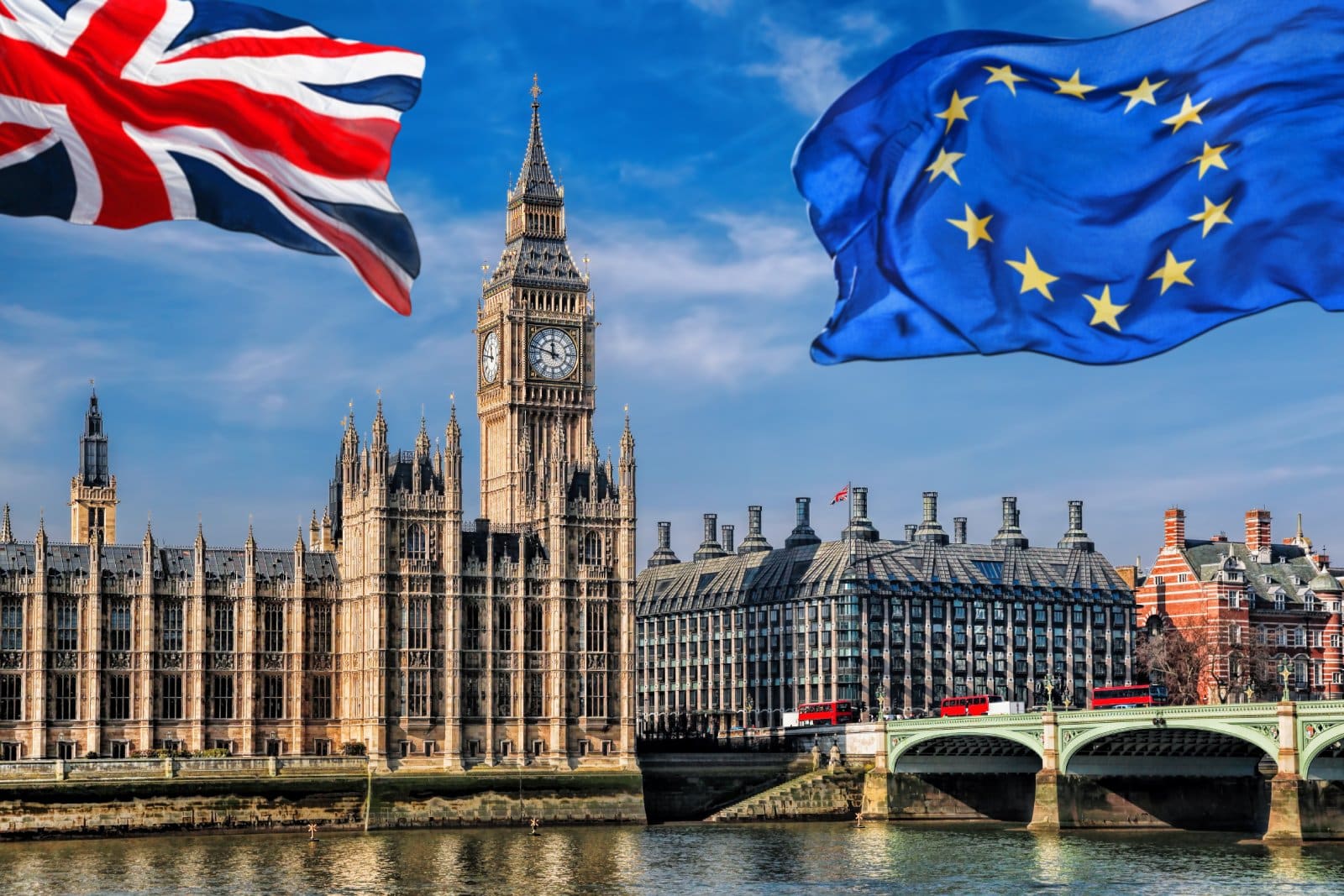
We’ve lived through austerity, and it didn’t work. It made life harder for most, and the nation is still worse off. We should be optimistic that increased public spending will help rebuild our flagging economy.
The post Labour Pledges Tax Hikes for Britain’s Wealthiest Citizens first appeared on Swift Feed.
Featured Image Credit: Shutterstock / Rupert Rivett.

